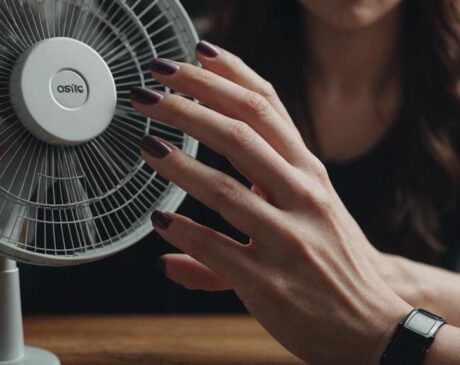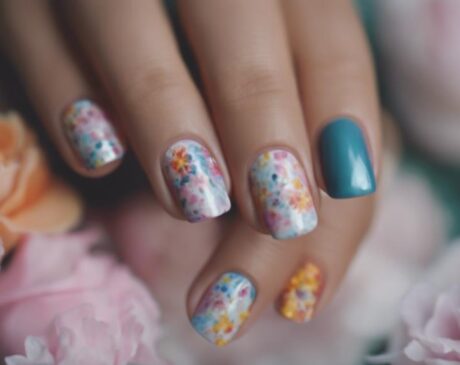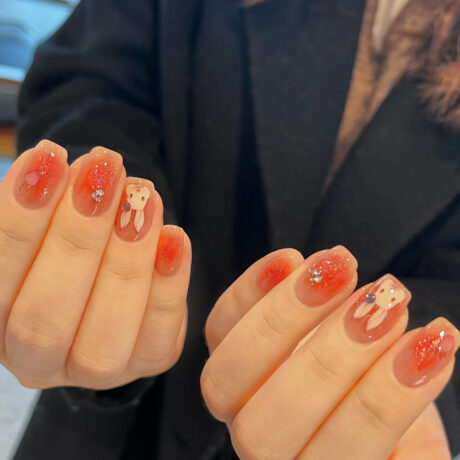Can I Use Super Glue Instead of Nail Glue?
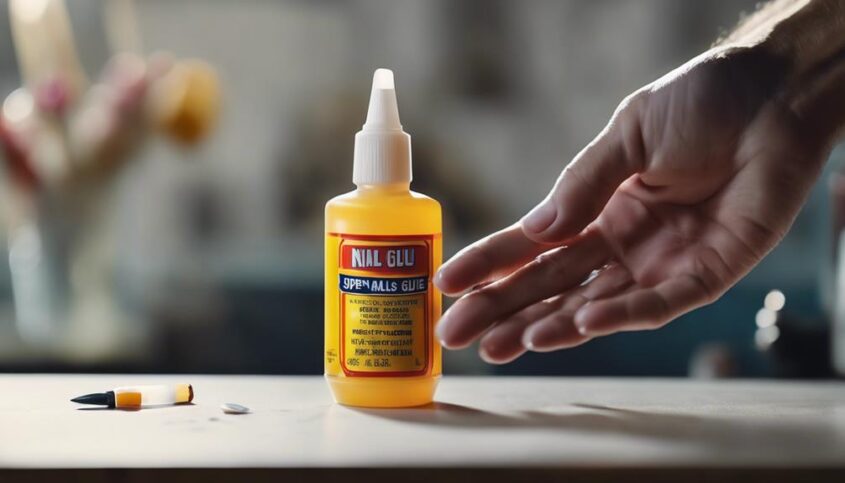
Super Glue and Nail Glue serve different purposes. Super Glue is for wood, plastic, and metal, while Nail Glue is specifically for nails. Using Super Glue on nails may cause damage due to harsh chemicals. It can strip natural oils, weaken nails, and lead to allergic reactions. Opting for safe alternatives like aloe vera gel or nail hardeners is advised. In emergencies, temporary options like DIY nail patches or glue sticks can help. Understanding these differences is important for nail health and care. Further details on this topic can provide you with valuable insights.
Key Takeaways
- Super Glue lacks precision and gentleness for nails.
- Risk of nail damage from harsh chemicals in Super Glue.
- Nail health compromised by Super Glue's strong adhesive.
- Safer alternatives like aloe vera or tea tree oil recommended.
- Emergency nail repairs can use temporary solutions like DIY patches.
Super Glue Vs. Nail Glue: Key Differences
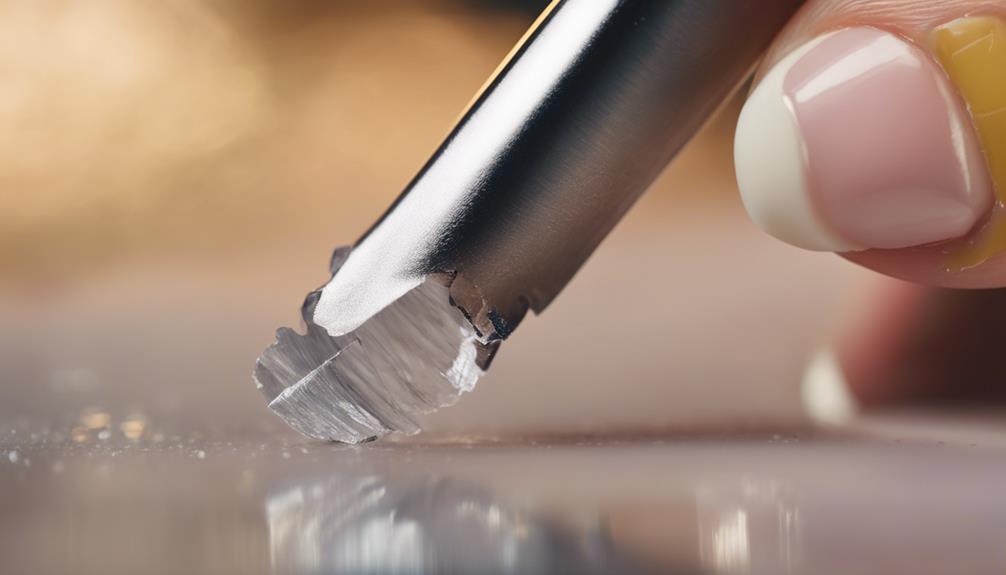
When comparing Super Glue and Nail Glue, one key difference lies in their intended uses and formulations. Super glue, known for its strong bonding capabilities in various materials, is formulated for general applications such as bonding wood, plastic, and metal. Its quick-drying nature makes it ideal for instant repairs and DIY projects.
On the other hand, nail glue is specifically designed for adhering artificial nails to natural nails or repairing broken nails. The effectiveness of nail glue in creating long-lasting bonds between artificial and natural nails is a result of its formulation that considers the flexibility and durability required in nail applications.
While super glue can be used for nail repair in emergencies, it is essential to understand that nail glue is specifically tailored for nail enhancements and is formulated to be gentler on the nail bed. Considering the precision required in nail applications and the need for a secure yet nail-friendly bond, nail glue remains the preferred choice for nail-related tasks.
Risks of Using Super Glue on Nails
Using super glue on nails poses potential risks that should be carefully considered before application. While super glue can provide a quick fix for broken nails, it is essential to be aware of the potential dangers associated with its use. One of the primary concerns is the harsh chemicals present in super glue that can be damaging to the nail bed and surrounding skin. Improper application can lead to irritation, allergic reactions, or even chemical burns. Additionally, super glue is not formulated for use on nails, so it may not provide the same level of adhesion and durability as nail glue.
Furthermore, the removal process of super glue can also pose challenges. Unlike nail glue, super glue requires acetone for proper removal, which can further weaken the nails and cause them to become brittle over time. Improper removal techniques can result in damage to the nails, leaving them vulnerable to breakage and infections. Therefore, it is crucial to exercise caution when using super glue on nails and opt for products specifically designed for nail applications to ensure the health and safety of your nails.
How Super Glue Affects Nail Health
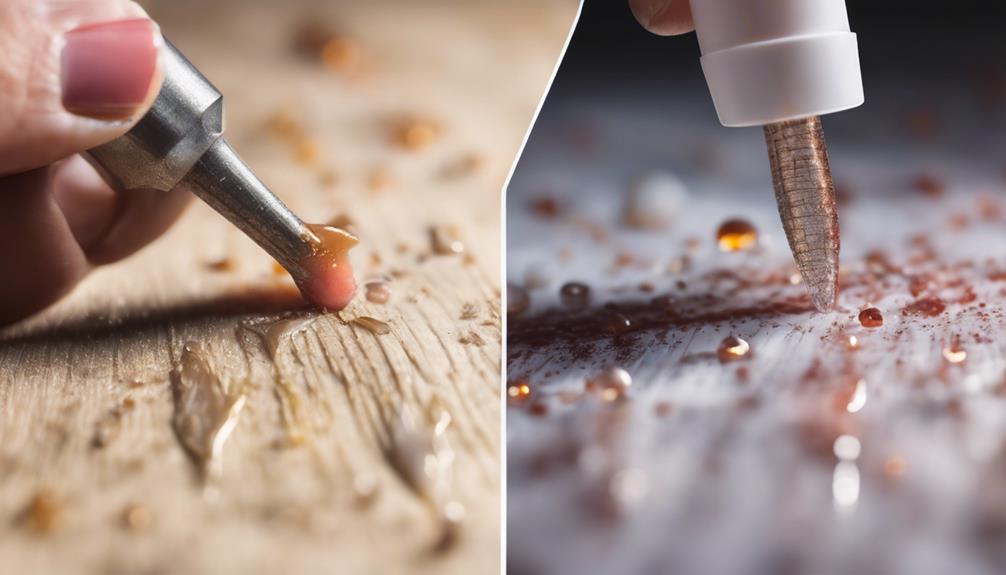
The impact of utilizing super glue on nails extends beyond immediate cosmetic benefits and can significantly influence overall nail health. When considering the effect of super glue on nail health, several key points should be taken into account:
- Nail Damage: Super glue contains harsh chemicals that can strip the nails of their natural oils and moisture, leading to dryness, brittleness, and potential breakage.
- Health Concerns: Prolonged use of super glue on nails can result in allergic reactions, skin irritation, and even chemical burns, posing serious health risks.
- Weakening of Nails: The strong adhesive properties of super glue can weaken the nail bed over time, making nails more prone to damage and infections.
- Difficulty in Removal: Removing super glue from nails can be a challenging task and may involve aggressive methods that further compromise nail health.
Considering these factors, it is evident that using super glue as a substitute for nail glue can have detrimental effects on nail health and overall well-being.
Safe Alternatives to Nail Glue
Exploring safer alternatives to traditional nail glue is essential for maintaining optimal nail health and preventing potential long-term damage. Natural alternatives offer a gentle option for adhering nails without the harsh chemicals often found in traditional nail glue. Ingredients like aloe vera gel, which has adhesive properties, or tea tree oil, known for its antifungal and antibacterial properties, can be used as effective natural alternatives. These options not only secure nails but also provide nourishment and promote healthy nail growth.
DIY options also present a safe and creative way to bond nails without the use of conventional nail glue. Homemade adhesive mixtures using ingredients such as gelatin, water, and even flour can be effective in securing artificial nails. Additionally, using clear polish or nail hardeners can help strengthen natural nails and provide a temporary solution for attaching artificial nails. By exploring these natural and DIY alternatives, individuals can maintain beautiful nails without compromising on safety or health.
Tips for Emergency Nail Repairs
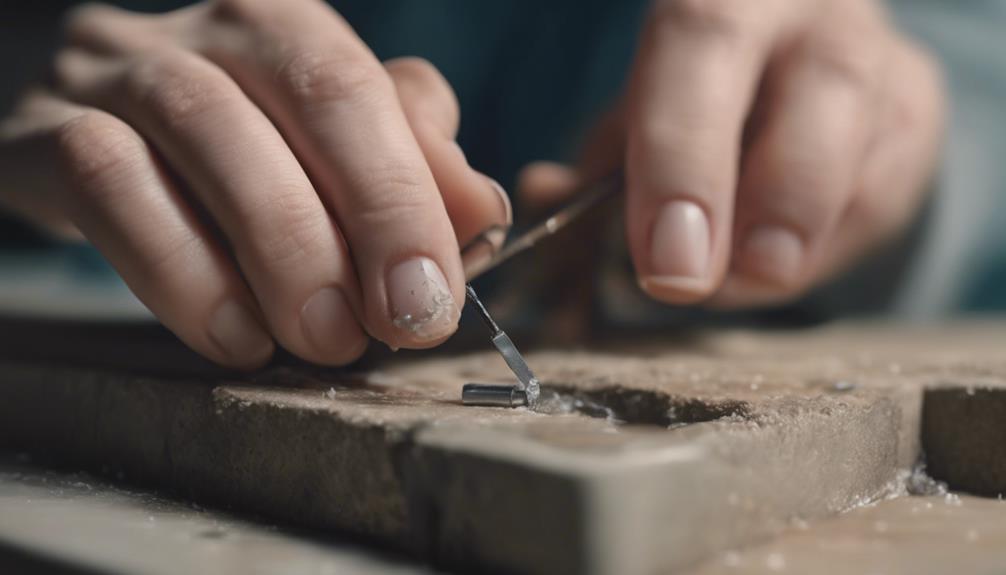
When faced with a nail emergency, knowing quick fix options and temporary solutions can be invaluable. By being prepared with the right tips for emergency nail repairs, you can address unexpected mishaps effectively.
These pointers can help you navigate through unexpected nail issues with ease.
Quick Fix Options
In situations requiring emergency nail repairs, quick fix options can provide temporary solutions to keep your nails looking presentable until a more permanent fix can be implemented. When faced with a sudden nail mishap, consider the following innovative solutions:
- DIY Nail Patch: Create a temporary patch using a tea bag and clear nail polish to reinforce a cracked nail.
- Medical Tape: Secure a broken nail by carefully wrapping medical tape around the affected area.
- Glue Stick: In the absence of nail glue, a glue stick can temporarily bond a false nail in place.
- Double-sided Tape: Use double-sided tape to reattach a broken acrylic nail until a proper repair can be made.
These quick fixes offer handy solutions until you can address the nail issue with more permanent measures.
Temporary Solutions
For emergency nail repairs, swift and effective temporary solutions are essential to maintain the appearance and integrity of your nails. Quick fixes can be a lifesaver in situations where professional help is not immediately accessible.
One DIY option is using a tea bag or coffee filter along with nail glue to patch up a broken nail temporarily. Simply cut a small piece of the tea bag or coffee filter to fit the size of the break, apply a layer of nail glue, place the material over the break, and seal it with another layer of glue.
This makeshift solution can hold the nail together until you can seek a more permanent fix from a nail technician.
Conclusion: Nail Care Best Practices
Implementing a consistent nail care routine is essential for maintaining healthy and strong nails. To ensure your nails remain in optimal condition, consider the following best practices:
- Nail Strengthening: Incorporate a nail-strengthening treatment into your routine to fortify your nails and prevent breakage. Look for products containing ingredients like biotin, keratin, or collagen to promote nail health and resilience.
- Cuticle Care: Keep your cuticles moisturized and healthy by regularly applying cuticle oil or cream. This helps prevent hangnails and maintains the skin barrier around your nails, promoting overall nail health.
- Regular Trimming: Trim your nails regularly to maintain a neat appearance and prevent them from becoming too long, which can lead to breakage. Use a proper nail clipper and file to shape your nails gently.
- Hydration and Diet: Stay hydrated and ensure your diet includes essential nutrients like vitamins A, C, D, and E, as well as biotin and omega-3 fatty acids, which contribute to healthy nails from the inside out.
Frequently Asked Questions
Can Super Glue Be Easily Removed From Nails Like Nail Glue?
Super glue, though effective in bonding nails, presents challenges in removal due to its strong adhesive properties. Unlike nail glue, its longevity and drying time may hinder a smooth removal process, necessitating caution and specialized techniques.
Will Using Super Glue on Nails Cause Any Allergic Reactions?
Using super glue on nails can lead to skin irritation due to its strong chemical composition. Prolonged exposure may cause allergic sensitivity and long-term effects. It is crucial to use products intended for nail application to avoid adverse reactions.
Is It Safe to Apply Nail Polish Over Super Glue on Nails?
Ensuring nail health is paramount when considering chemical exposure risks. While DIY nail care is popular, applying nail polish over super glue can be risky. Seek professional advice for innovative solutions to maintain healthy nails.
Can Super Glue Be Used to Repair Acrylic or Gel Nails?
When considering super glue alternatives for repairing broken nails, it's crucial to prioritize safety and effectiveness. While super glue may temporarily mend acrylic or gel nails, using specialized nail glue designed for this purpose is recommended for optimal results and nail health.
How Long Does It Take for Super Glue to Fully Dry on Nails Compared to Nail Glue?
When comparing drying times, super glue typically dries faster than nail glue on nails due to its strong adhesive properties. However, improper application techniques may result in potential damage. Removal processes should be approached cautiously to prevent harm.
Conclusion
In conclusion, it is not recommended to use super glue instead of nail glue due to the different formulations and potential risks to nail health.
According to a study by the American Academy of Dermatology, using super glue on nails can lead to irritation, allergic reactions, and damage to the nail bed.
It is important to prioritize nail health and use safe alternatives for nail repairs.


